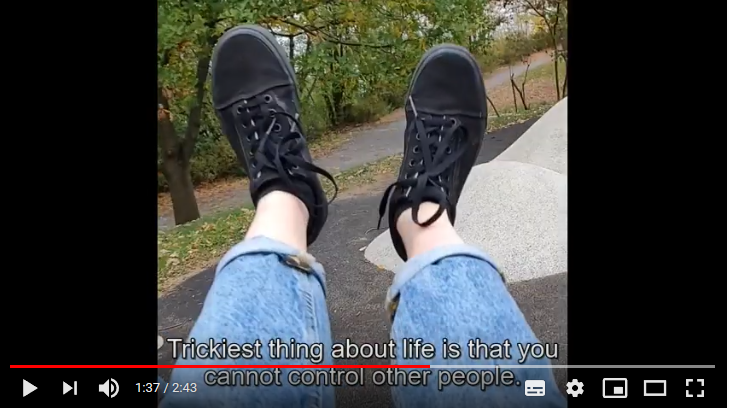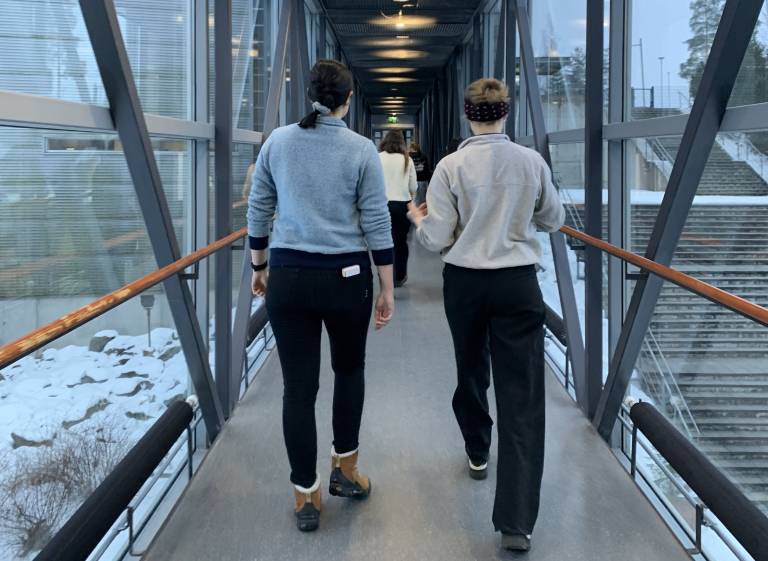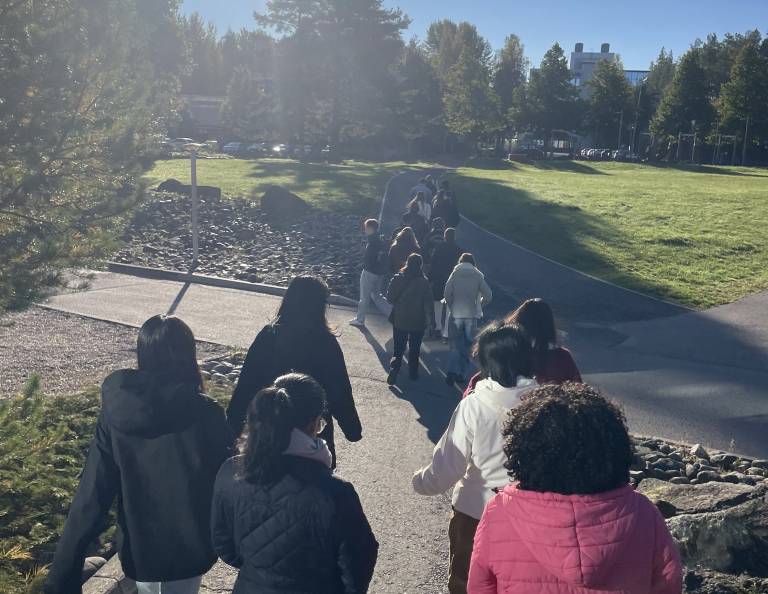I learned this Digital Storytelling method in the pedagogy course called Oivallista ohjausta, which I studied in spring 2020. Digital Storytelling is a method to reflect on and share your learnings or any other relevant topic in a story-like form. Basically, it is a video, but nothing like an ordinary marketing or presentation video. The idea, and the main contribution, is to formulate a story about your topic. In my course, Psychology in Human-Technology Interaction, the students’ assignment was to create a digital story of max. 5 minutes to talk about their main insight or learning in this course that covers many topics of psychology, like human needs, motivation, emotion, creativity and cognition. In the course, connections are made between the knowledge of psychology and human-centered design. The course also covers psychology topics from the perspectives of worklife skills and personal wellbeing.
The outcome of this Digital Storytelling assignment was just lovely. 64 stories were created and submitted, and experiencing these great and touching stories has been the most wonderful task in my teacher’s career. Creativity, motivation and wellbeing were probably the most popular topics for the stories the students created. I appreciate these students’ courage, willingness and creativity in creating these fantastic stories.
It was a really hard task to select some examples for you, Reader, because there were just too many superb ones. However, here I provide some of them for you to enjoy. A permission to publish has been asked from the students to publish these in this blog. Please, take a moment and let these stories touch you as deeply as they did for me. It’s good for us to slow down a bit every now and then, and concentrate, and have a deep breath in front of the beautiful world. Thanks so much, students, you are awesome!
May I present Ella Höglund and her lovely story about communication:
Here we have Anni Alila with her very inspirational story about creativity:
Arash Chaychi Maleki with a little bit of different perspective on psychology in HTI, although luckily with a happy end:
Aura Laurila and her topic of creativity and how to boost it:
Mariana Perez Zamora, with her topic of human communication and how this knowledge can be applied to the design of conversational agents:
Veera Soini, and how human needs are related to human-technology interaction design:
Last but not least, Ishan Regmi, and what kind of roles motivation plays in his life:
Written by Aino A. (the Psychology in Human-Technology coach) – very proud of the students and their stories





